26 results in Rochester Studies in East and Central Europe

Individualism and the Rise of Democracy in Poland
-
- Published by:
- Boydell & Brewer
- Published online:
- 10 January 2024
- Print publication:
- 14 February 2021
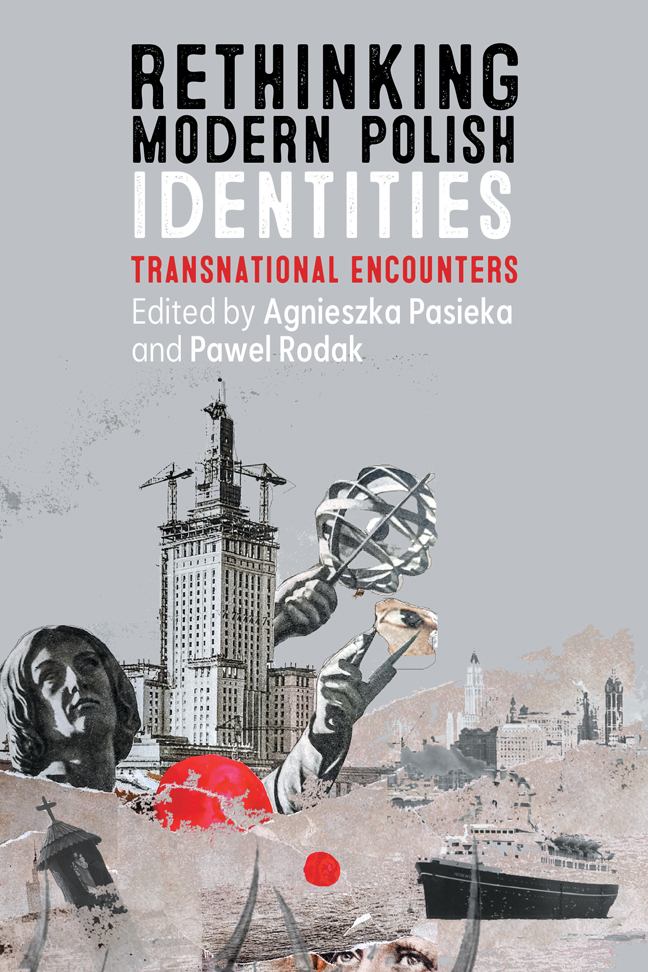
Rethinking Modern Polish Identities
- Transnational Encounters
-
- Published by:
- Boydell & Brewer
- Published online:
- 10 January 2024
- Print publication:
- 21 March 2023
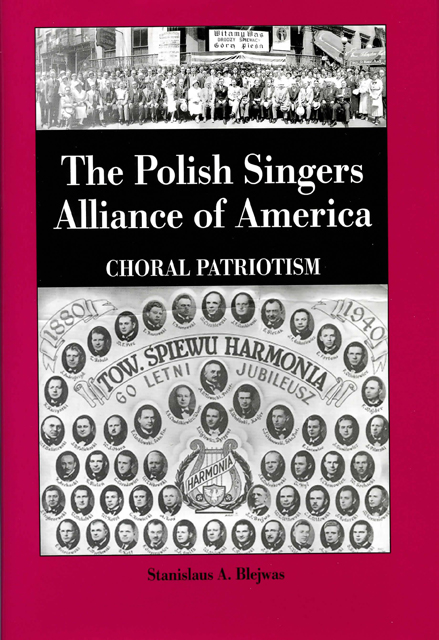
The Polish Singers Alliance of America 1888-1998
- Choral Patriotism
-
- Published by:
- Boydell & Brewer
- Published online:
- 17 March 2023
- Print publication:
- 30 June 2005

Borders on the Move
- Territorial Change and Ethnic Cleansing in the Hungarian-Slovak Borderlands, 1938-1948
-
- Published by:
- Boydell & Brewer
- Published online:
- 17 January 2023
- Print publication:
- 01 December 2020
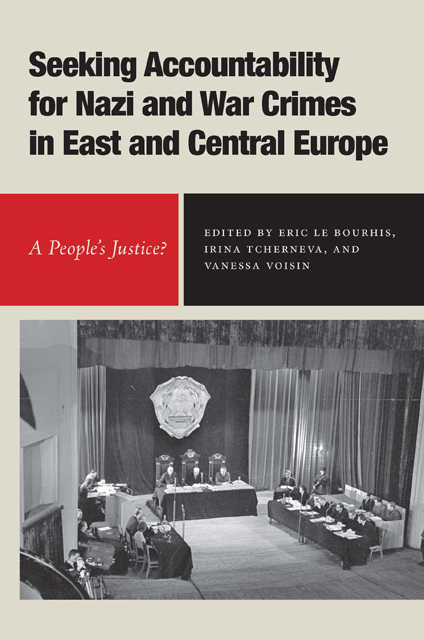
Seeking Accountability for Nazi and War Crimes in East and Central Europe
- A People’s Justice?
-
- Published by:
- Boydell & Brewer
- Published online:
- 20 December 2022
- Print publication:
- 25 October 2022
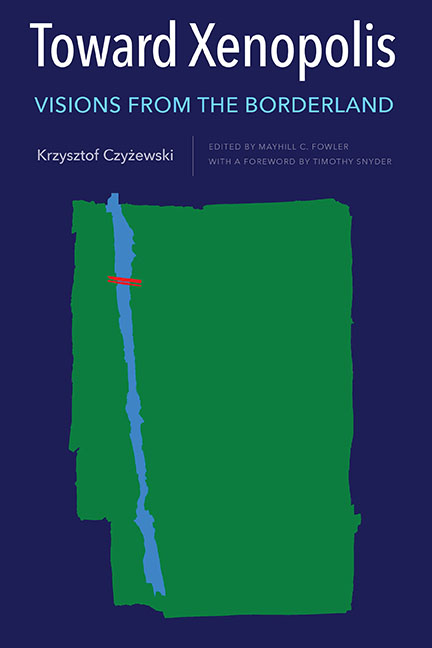
Toward Xenopolis
- Visions from the Borderland
-
- Published by:
- Boydell & Brewer
- Published online:
- 16 July 2022
- Print publication:
- 15 April 2022
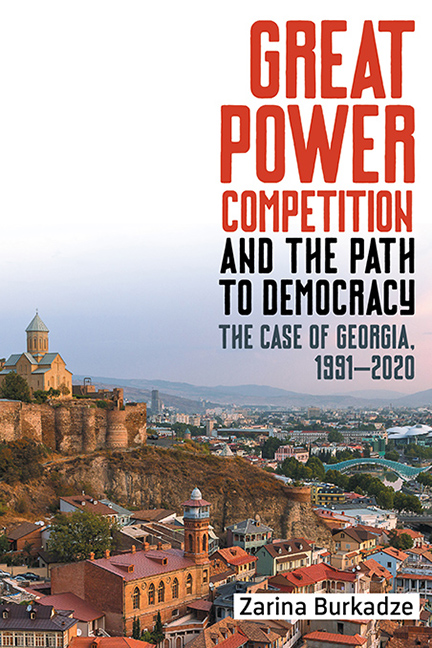
Great Power Competition and the Path to Democracy
- The Case of Georgia, 1991-2020
-
- Published by:
- Boydell & Brewer
- Published online:
- 16 July 2022
- Print publication:
- 13 May 2022

Kyiv as Regime City
- The Return of Soviet Power after Nazi Occupation
-
- Published by:
- Boydell & Brewer
- Published online:
- 07 May 2022
- Print publication:
- 20 July 2016
-
- Book
- Export citation

Witnessing Romania's Century of Turmoil
- Memoirs of a Political Prisoner
-
- Published by:
- Boydell & Brewer
- Published online:
- 17 June 2021
- Print publication:
- 20 December 2017

Revolution and Counterrevolution in Poland, 1980-1989
- Solidarity, Martial Law, and the End of Communism in Europe
-
- Published by:
- Boydell & Brewer
- Published online:
- 17 June 2021
- Print publication:
- 15 December 2015

The Utopia of Terror
- Life and Death in Wartime Croatia
-
- Published by:
- Boydell & Brewer
- Published online:
- 10 June 2021
- Print publication:
- 20 December 2015
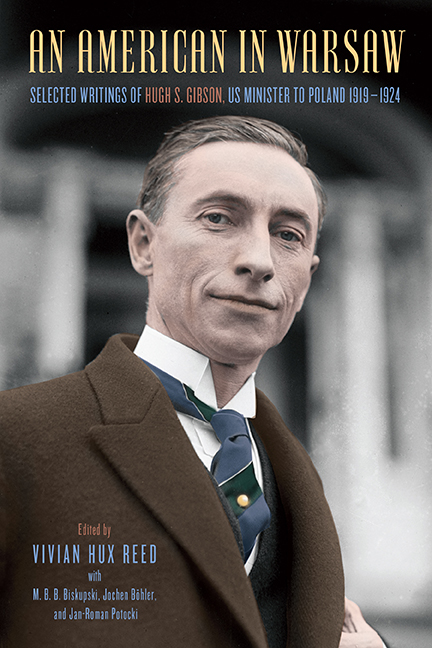
An American in Warsaw
- Selected Writings of Hugh S. Gibson, US Minister to Poland, 1919–1924
-
- Published by:
- Boydell & Brewer
- Published online:
- 09 June 2021
- Print publication:
- 01 September 2018
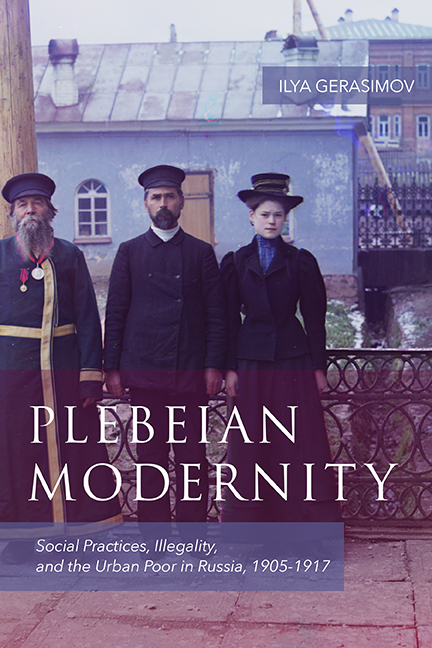
Plebeian Modernity
- Social Practices, Illegality, and the Urban Poor in Russia, 1906–1916
-
- Published by:
- Boydell & Brewer
- Published online:
- 09 June 2021
- Print publication:
- 15 January 2018

Magnetic North
- Conversations with Tomas Venclova
-
- Published by:
- Boydell & Brewer
- Published online:
- 04 June 2021
- Print publication:
- 20 June 2017

Making Martyrs
- The Language of Sacrifice in Russian Culture from Stalin to Putin
-
- Published by:
- Boydell & Brewer
- Published online:
- 29 May 2021
- Print publication:
- 15 April 2018

The Universe Behind Barbed Wire
- Memoirs of a Ukrainian Soviet Dissident
-
- Published by:
- Boydell & Brewer
- Published online:
- 21 May 2021
- Print publication:
- 15 April 2021
-
- Book
- Export citation

Coming of Age under Martial Law
- The Initiation Novels of Poland's Last Communist Generation
-
- Published by:
- Boydell & Brewer
- Published online:
- 21 May 2021
- Print publication:
- 15 August 2015
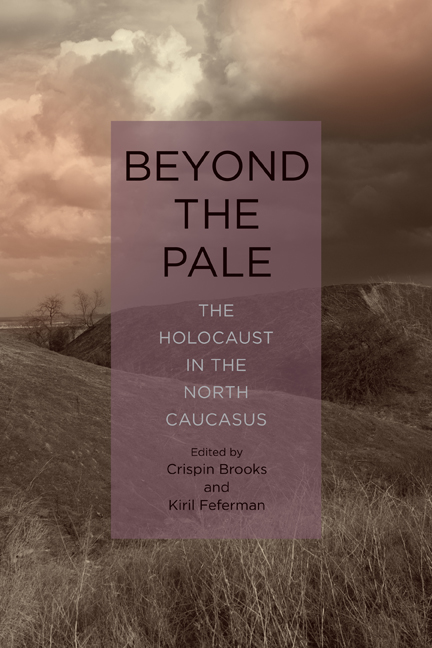
Beyond the Pale
- The Holocaust in the North Caucasus
-
- Published by:
- Boydell & Brewer
- Published online:
- 06 October 2020
- Print publication:
- 01 December 2020
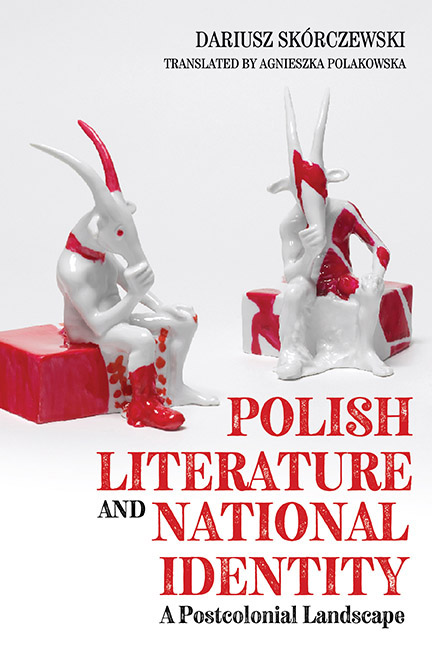
Polish Literature and National Identity
- A Postcolonial Landscape
-
- Published by:
- Boydell & Brewer
- Published online:
- 25 March 2020
- Print publication:
- 15 February 2020
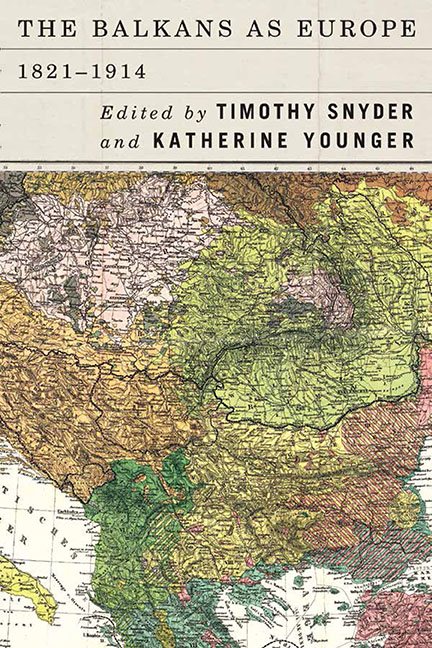
The Balkans as Europe, 1821–1914
-
- Published by:
- Boydell & Brewer
- Published online:
- 17 July 2019
- Print publication:
- 15 May 2018


